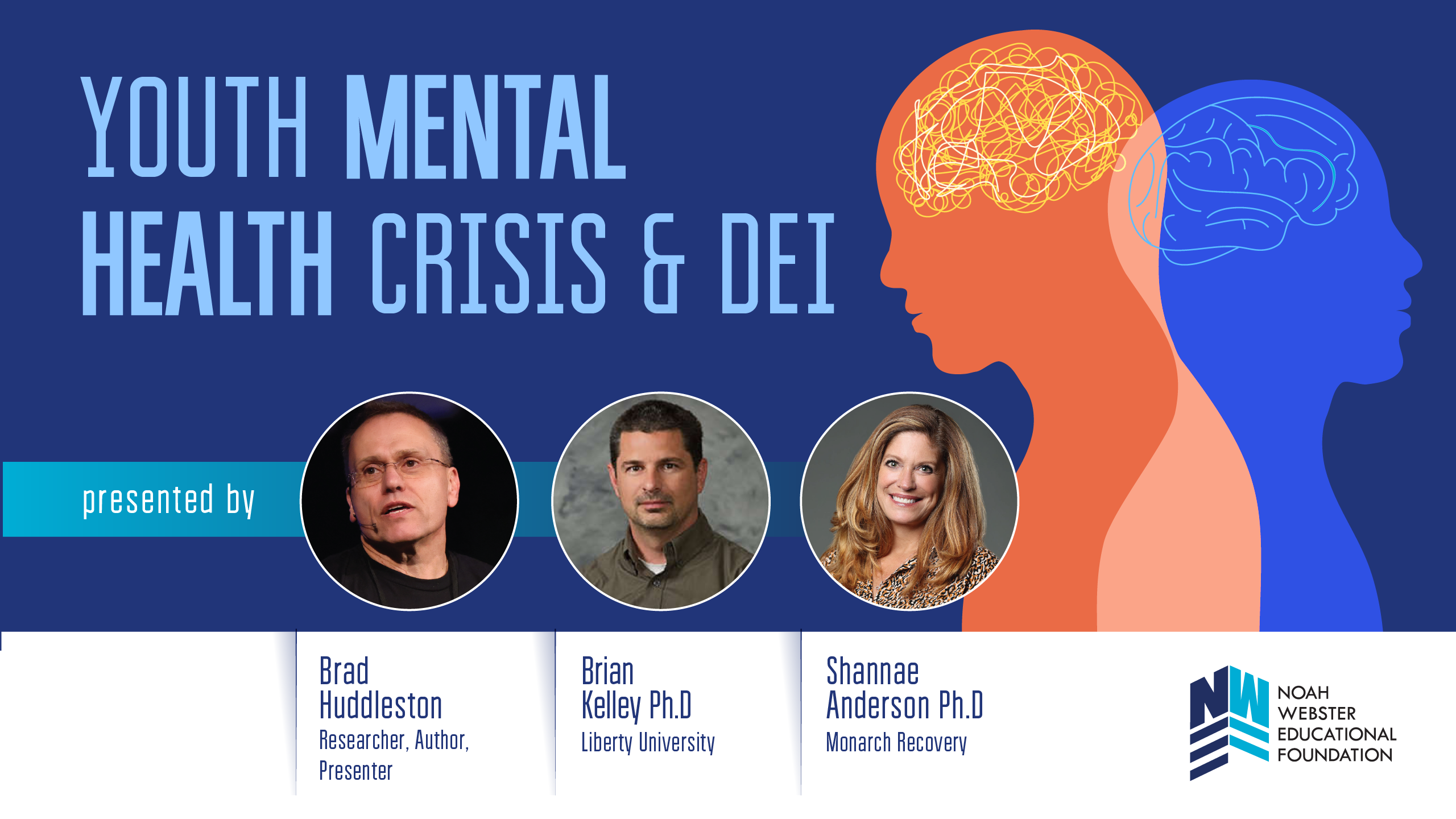
In 2013, in response to the sharp rise in school shootings, Miami-Dade schools adopted an untraditional solution. This particular school district (one of the largest in the country) was already struggling with high drop-out rate, poverty, and low academic performances. So they decided to do something about it by addressing mental health.
They implemented a program called “Typical or Troubled?” which was developed by the American Psychiatric Foundation. The goal of this program is to educate teachers, school psychologists, social workers, and other school staff on how to identify warning signs of mental illness in children, and work with their parents and doctor to find a solution. If a child or teen is identified as having the symptoms of mental illness, they may be examined by a medical professional, and potentially diagnosed and put on medication.
Many have lauded them for taking steps to address the startling rise in children’s and teens’ vulnerability to mental illness. After all, if we can stop tragedies before they happen by identifying students who are a risk, we’ll have a safer, healthier community, right?
Some think so. But there are some concerns that arise, as well.
What Mental Health Services Does Your School District Offer?
Most schools don’t have the extensive programs that Miami-Dade has. Usually, schools have school counselors, psychologists, nurses, and social workers in place to support students. Although this is the government’s goal for every public school, often schools face staffing challenges in these departments, so not all of these people and their services are always available.
But chances are, your child’s school offers some sort of mental health service. There are probably procedures in place pertaining to who addresses mental health issues that arise and who will contact parents or guardians regarding any concerns that they should know about. For instance, the school nurse can “help students and their families get access to health insurance, coordinate care by communicating between the family and health care providers, and educate families on what health care services are available to their child at school,” says the CDC.
Social workers work with students to promote their overall health and well-being, especially in psychosocial functioning.
School counselors focus on student success and strive to have equity in their schools, while school psychologists specialize in behavior analysis to meet kids’ learning, health, and behavioral needs.
But, as with the Miami-Dade county schools, new solutions are being pushed, especially with the soaring mental health crisis following the COVID-19 pandemic and nation-wide school closure. Many states actually passed legislation that addressed the problem. Suicide and school shootings are also a concern, with the Washington Post reporting that “school shootings rose to [the] highest number in 20 years” in 2021 and 2022,” and suicide rates being at an all time high among young people age 10 to 24.
Because of these factors, The Christian Science Monitor says that “some states are pondering if emotional support is as important as security systems,” and teachers are being trained to support children in ways that some feel is more along the lines of therapy or parenting than education.
According to U.S. News, “Many districts also use app-based mental health screenings to survey selected parts of the student population with questions about mental well-being,” and “After sending out the first surveys, Methuen public schools saw a 63% increase in the number of students eligible for mental health services.”
Are these safety measures helping or harming? Let’s take a look at some of the research.
Are Schools Looking Out For Our Kids?
Youth.gov says, “Studies have shown the value of developing comprehensive school mental health programs in helping students achieve academically and have access to experiences that build social skills, leadership, self-awareness, and caring connections to adults in their school and community.” These are all positive things! We want our children to be resilient, compassionate, and more.
By spreading positivity and healthy habits and virtues, we lower the risk of sadness, depression, suicide, and shootings. The National Library of Medicine conducted a study that “showed that by applying group training and individual counseling in the schools improves mental health.” They suggest that “identifying student problems and parent–teacher cooperation as well as consulting with specialist counselors can be effective in providing practical and effective solutions.”
This is encouraging news, in theory. But are schools following through on the idea? Are they truly able to stop the surge of troubled children and teens we’re seeing today?
The Dark Side Of Mental Health Programs In Schools
For instance, ADHD is the most diagnosed mental health disorder in children. However, according to a doctor The New York Times interviewed, sometimes children are diagnosed with the disorder and prescribed medication even when they do not have ADHD. The New York Times says “They are prescribing stimulants to struggling students in schools starved of extra money — not to treat A.D.H.D., necessarily, but to boost their academic performance.” The doctor was quoted saying “it’s too expensive to modify the kid’s environment. So we have to modify the kid.”
There are also regional disparities in ADHD diagnosis that seem to be linked to funding. Child Mind Institute reports that “a child in Kentucky is three times as likely to be diagnosed with ADHD as a child in Nevada.” Why? In some states, school funding is closely tied to test scores. If the kids do well academically, the school receives more funding. One expert suggests, “If kids who are struggling with ADHD get treated, it should improve their functioning in school and hence their test scores.”
Remember “Typical or Troubled?” Training teachers and school staff to recognize mental disorders seems like a positive improvement. But the “Typical or Troubled” program is “sponsored by three pharmaceutical companies that make psychotropic drugs,” according to CNS News. Maybe there’s a conflict of interest here. If children are diagnosed, the pharmaceutical companies collect. So they have a very good reason to make sure that happens.
Giving Our Children The Resources They Actually Need
Parents and teachers alike must realize there are two sides to the mental health industry. But does that mean we stop promoting health in our schools? No. But does it mean we may need to rethink some of our methods? Perhaps.
Recent years have thrown a lot at our kids. In a lot of ways technology has replaced exercise, human interaction, and parental instruction, all of which are critical to a child’s health and development. Stressful events, such as the pandemic, have caused much undue stress.
Parents, it’s your responsibility to train your children to be healthy. Don’t overlook the importance that discipline, one-on-one conversations, and family interactions can have on your child’s mental health. You’re the only one who can give your kids those things. Teach your children to have emotional resilience, self-control, and critical thinking skills.
Teachers, if you’re worried about your student’s mental health, focus on learning, positivity, and firm, loving discipline in your classroom, rather than trying to do the work of a therapist. Know the warning signs of a child or teen who needs serious help, and work with your school’s staff and the student’s parents if there is indeed an issue that needs to be addressed.
The Goal: Raising Healthy Kids
Should schools provide mental health services? It’s a tough question and there are nuances. Some programs may be harmful while others aren’t. Teachers and staff in one school may have agendas and training that are nonexistent in another. Some kids need more help than others, especially the ones who do not have the parental support they deserve.
To raise strong, healthy, resilient kids, there are obvious needs that need to be met. But maybe it’s time to shift our focus from pouring more money into school-based mental health services to, instead, building strong families where children are safe and happy.
NWEF knows the youth mental health crisis is daunting. We’re here to share resources that may help you face it in your community. We’ve created a mini course presented by three experts in the field of mental health. In this course, they cover a variety of topics from the statistics of the youth mental health crisis, how screen addiction affects mental health, how being an adult informed about trauma can help, and much more!
For more resources about this topic, go to our resource tab in the main menu.





